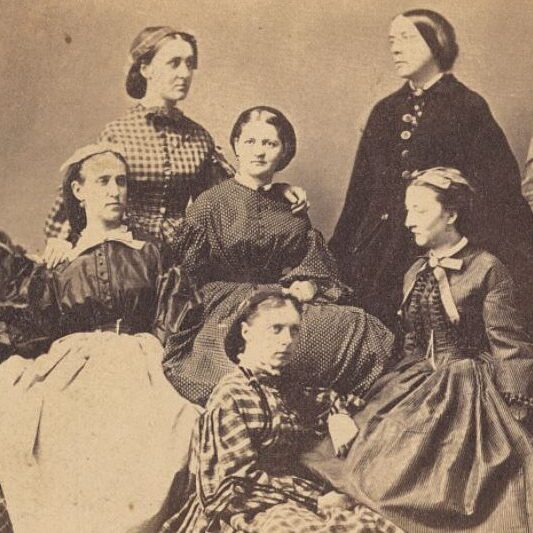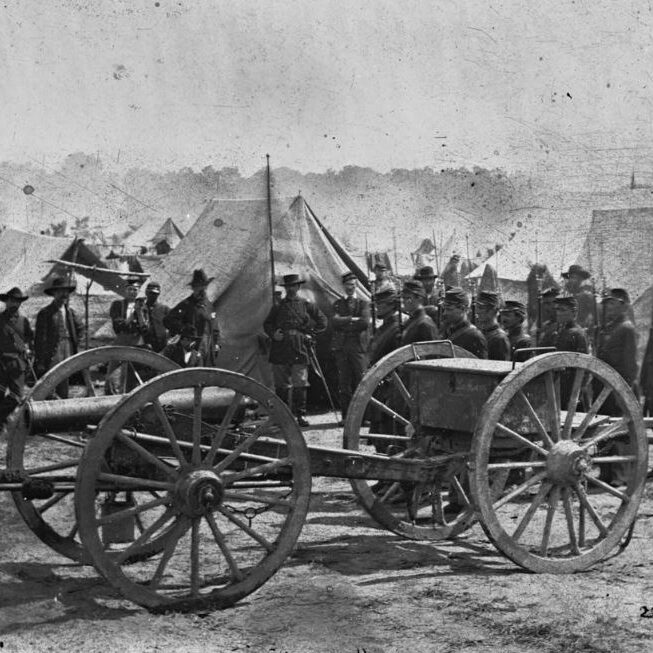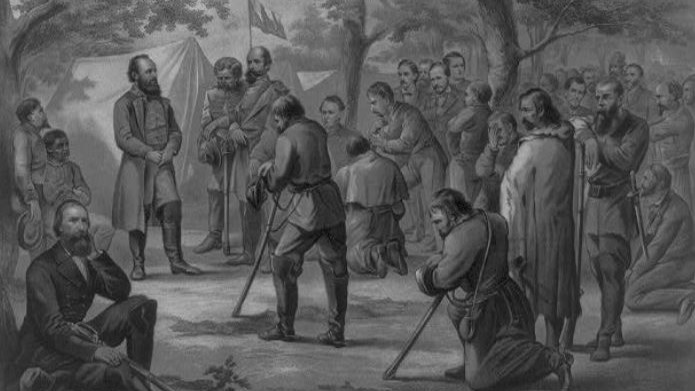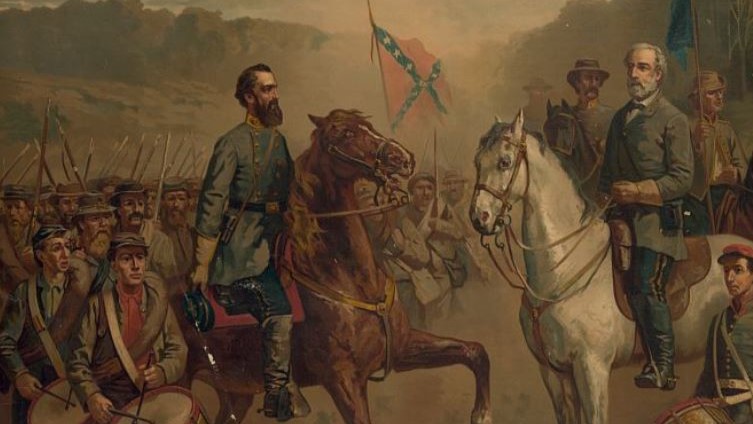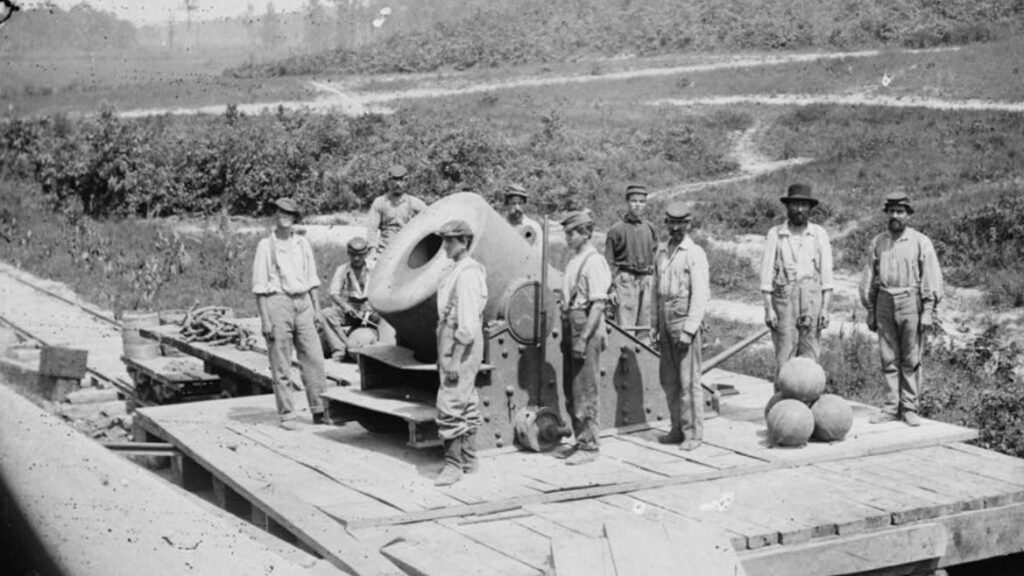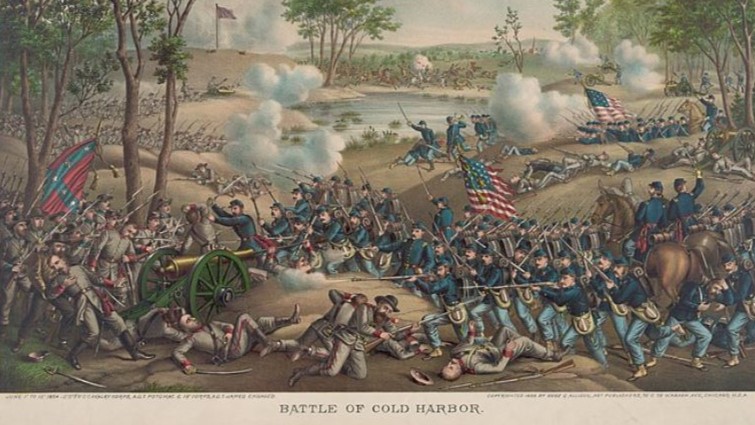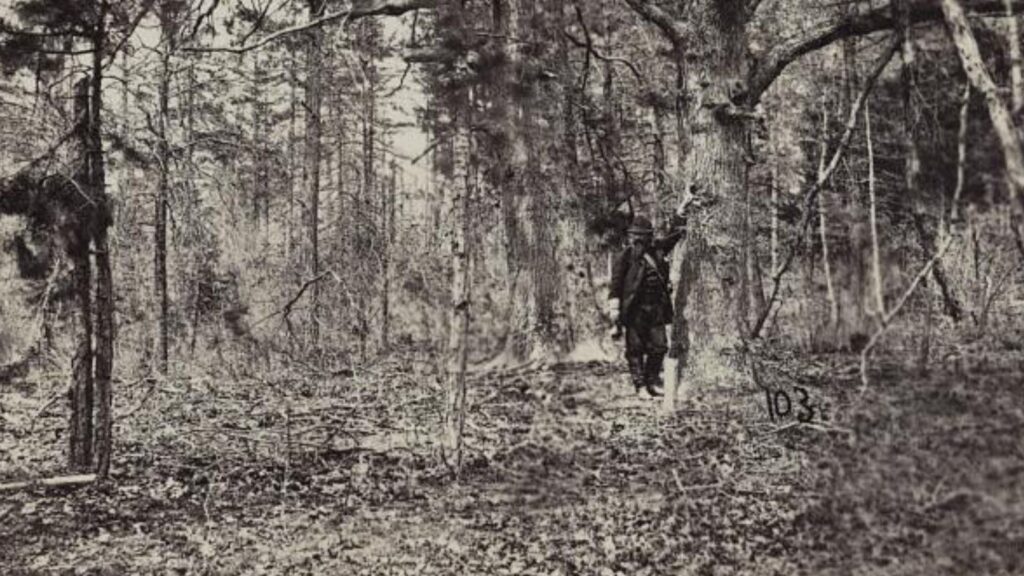Nurses played a vital role in the Civil War, providing medical care, assisting with surgeries, administering medications, and offering comfort and emotional support to wounded soldiers.
Women from all walks of life, African American nurses, and even male nurses were among those who served in this capacity.
Life as a nurse during the Civil War was marked by challenging working conditions, limited medical resources, exposure to disease and injuries, and stressful environments. Despite these hardships, Civil War nurses revolutionized nursing and medical care, improved sanitation practices, and paved the way for the field of nursing.
Join us as we delve into the fascinating world of Civil War nursing.
- 1. The Role of Nurses in the Civil War
- 2. Nurses Provided Medical Care
- 3. Who Were the Nurses in the Civil War?
- 4. What Was Life Like for a Nurse During the Civil War?
- 5. What Were the Greatest Contributions of Civil War Nurses?
- 6. Were Nurses Paid During the Civil War?
- 7. Frequently Asked Questions
- Further Reading
1. The Role of Nurses in the Civil War
What Did Nurses Do During the Civil War? The role of nurses in the Civil War was key in providing essential medical care and support to wounded soldiers on the battlefield and in hospitals, significantly impacting the outcome of the war.
Nurses like Dorothea Dix played a crucial role in establishing organized nursing services and improving sanitation practices in medical facilities, which helped decrease mortality rates among soldiers.
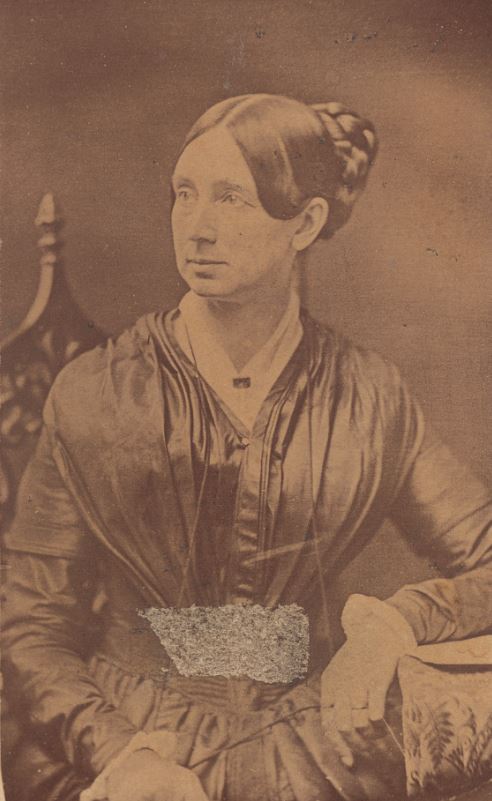
Despite facing immense challenges such as limited resources, exposure to diseases, and societal expectations, these dedicated women worked tirelessly to tend to the injured and provide comfort in times of great suffering.
During the Civil War, nurses undertook various tasks such as providing medical care, assisting with surgeries, administering medications, and offering comfort and emotional support to soldiers in need.
Many female nurses faced significant challenges such as lack of proper training, harsh living conditions, and discrimination.
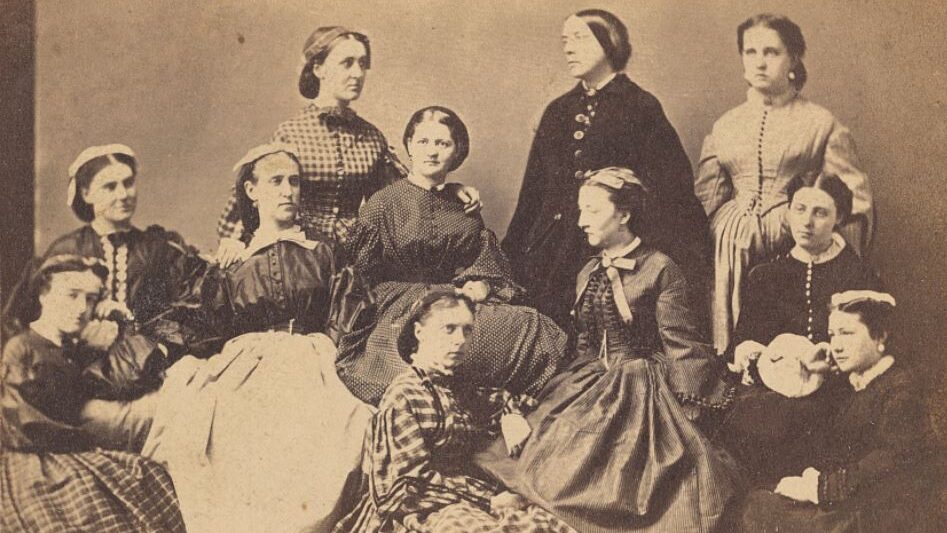
They worked tirelessly in makeshift hospitals, dealing with the horrors of battlefield injuries, infectious diseases, and limited medical resources.
Despite these obstacles, they displayed incredible resilience and dedication in the face of adversity.
Their efforts not only saved countless lives.
Over time, the role of nurses evolved, leading to advancements in medical practices and the recognition of the crucial role played by women in healthcare during war times.
Through their sacrifices and unwavering commitment, Civil War nurses set a precedent for the active involvement of women in wartime healthcares.
2. Nurses Provided Medical Care
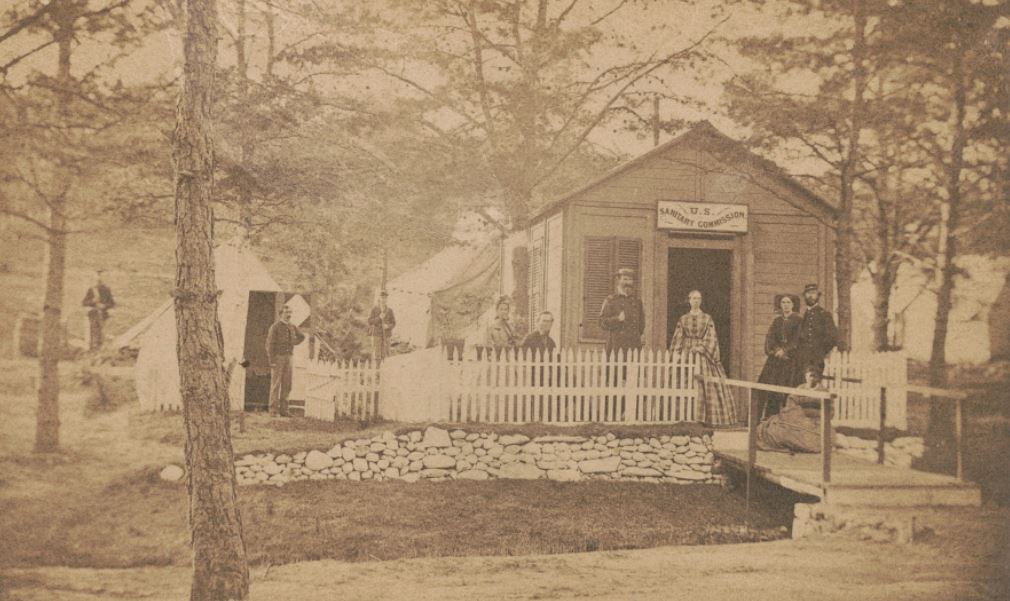
Nurses played a crucial role in providing essential medical care to wounded soldiers in military hospitals and field stations during the Civil War.
These dedicated healthcare providers were instrumental in implementing innovative medical practices of the time, such as:
- Keeping medical records; and
- Maintaining cleanliness to prevent infections.
They also played a pivotal role in organizing relief societies to support the war effort, ensuring that supplies and medical resources were efficiently distributed.
Their presence also provided comfort and emotional support to the soldiers in the midst of the chaos and devastation of war.
Nurses bridged the gap between medical care and compassion, leaving a lasting impact on the history of healthcare and wartime medicine.
Assisting with Surgeries
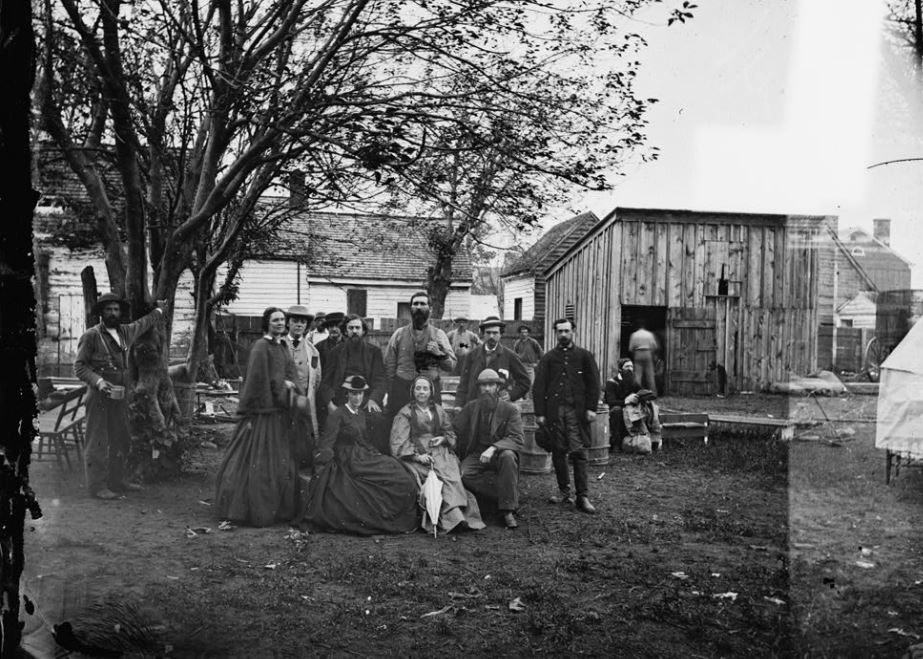
Nurses assisted surgeons during operations, ensuring proper pre- and post-operative care for wounded soldiers, demonstrating their dedication and skill in the medical field.
Nurses played an critical role in the Civil War by collaborating closely with surgeons to provide critical care for injured soldiers.
Administering Medications
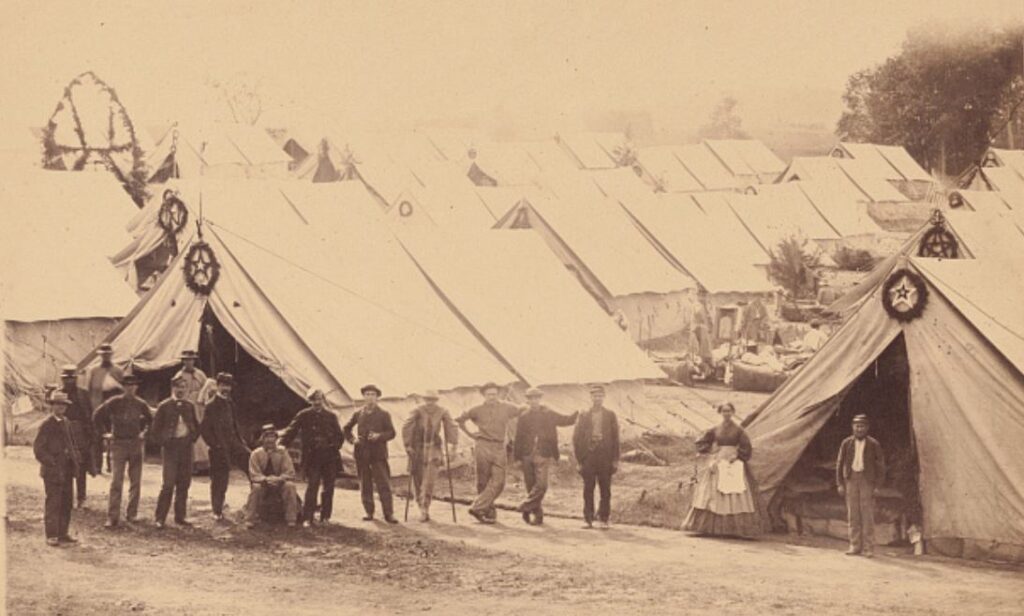
Nurses administered medications to soldiers.
As they worked tirelessly, these nurses faced constant dangers such as infectious diseases, lack of proper medical supplies, and the overwhelming influx of casualties.
Their duties demanded quick thinking, multitasking, and strong endurance, as they navigated through the cries of pain and the uncertainty of war.
Providing Comfort and Emotional Support
Nurses offered comfort and emotional support to wounded soldiers, providing a sense of solace and compassion during their most trying and often dying moments.
Amidst the chaos of battlefields and makeshift hospitals, these dedicated caretakers became beacons of hope, offering not just physical care but also a listening ear and a comforting presence.
Their empathy and resilience helped soldiers find brief moments of respite from the horrors of war, instilling a sense of humanity amidst the brutality.
3. Who Were the Nurses in the Civil War?

Nurses in the Civil War came from diverse backgrounds, including women from all walks of life, African American nurses, and even some male nurses, reflecting the wide-ranging contributions to healthcare during wartime.
Women like Clara Barton and Dorothea Dix became renowned for their service, tending to the wounded and pioneering new practices in healthcare.
African American nurses played a crucial role in providing care and comfort to soldiers, regardless of the prejudices they faced.
Even men, who were less common as nurses during that era, made important contributions in supporting the medical needs of the military.
Women from All Walks of Life
Women from diverse social backgrounds volunteered as nurses during the Civil War.
These women bravely took on the challenges of providing care and comfort to the wounded soldiers on the battlegrounds and in hospitals.
They not only showcased their skills and compassion but also played a crucial role in revolutionizing the traditional views on women’s capabilities.
Their unwavering commitment to aiding the sick and injured reshaped the narrative around gender roles and opened doors for women to actively participate in wartime healthcare.
By defying expectations and stereotypes, they paved the way for future generations of women to pursue roles beyond the confines of the domestic sphere.
African American Nurses
African American nurses like Susie King Taylor, played crucial roles in providing healthcare and support to soldiers in need.
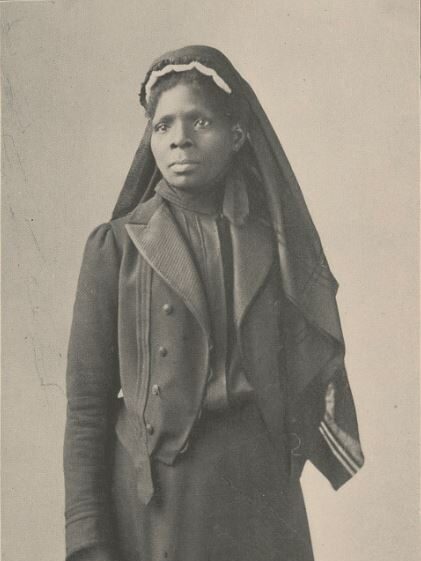
Figures like Sojourner Truth were instrumental in establishing societies, ensuring that proper care was provided on the front lines.
In regions like North Carolina, where healthcare services were limited, these nurses stepped in to fill the gap, improving the overall health outcomes for many.
Their tireless efforts paved the way for greater recognition of African American women in the healthcare field.
Male Nurses
Although less common, some male nurses, inspired by figures like Dorothea Dix and Florence Nightingale, also contributed to the nursing efforts during the Civil War.
Male nurses faced significant challenges, such as criticism and skepticism regarding their ability to provide competent care, yet their steadfast dedication and skills proved invaluable, earning them respect within the medical community.
The Most Famous Nurses of the Civil War
Clara Barton, known as the ‘Angel of the Battlefield,’ and other notable figures like those involved in the Sanitary Commissions and Relief Societies, emerged as some of the most famous and influential nurses of the Civil War, leaving a lasting legacy in healthcare history.
Their unwavering commitment to providing comfort and aid to the wounded and sick soldiers helped reduce mortality rates and set new standards for nursing in conflict zones.
4. What Was Life Like for a Nurse During the Civil War?
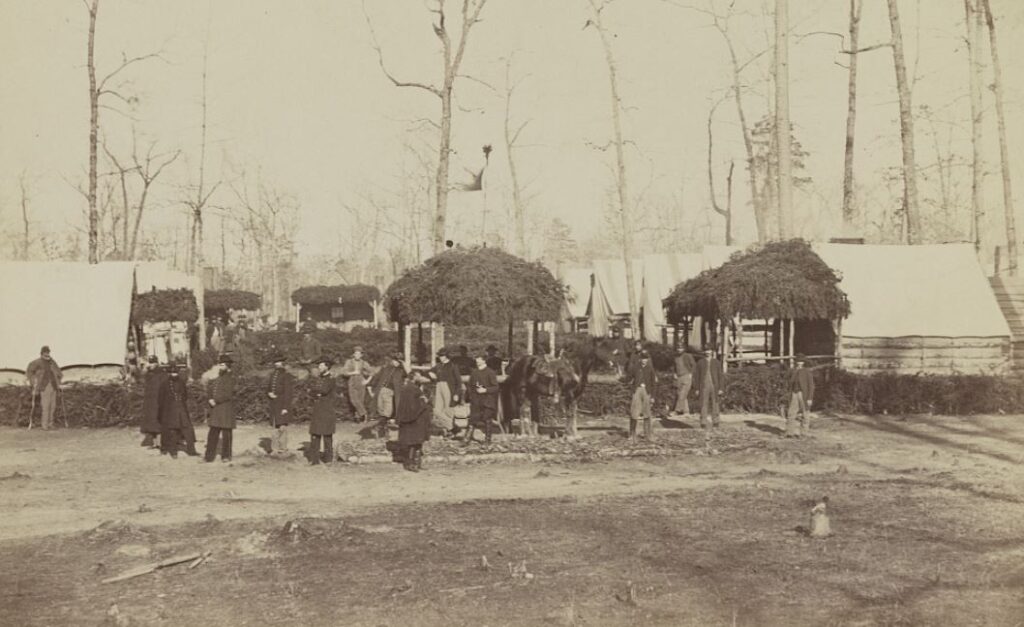
Life for a nurse during the Civil War was characterized by limited medical resources, constant exposure to diseases and injuries, and the need to operate in dangerous and stressful environments.
Nurses operated in challenging working conditions, often serving long hours in overcrowded hospital settings or near the front lines, adapting to changing roles and responsibilities throughout the war.
They worked in unhygienic conditions that contributed to high mortality rates.
The intense emotional strain of witnessing the suffering and death of patients, many of whom were young soldiers far from home, weighed heavily on their hearts.
Limited Medical Knowledge and Resources
Nurses often had to contend with limited medical knowledge and resources during the Civil War.
These dedicated nurses were tasked with managing wounds, infectious diseases, and amputations without advanced medical understanding or tools.
The scarcity of essential supplies and equipment added to their challenges. They often had to improvise, using whatever was available to provide care to the injured soldiers.
The demanding conditions and long hours led to exhaustion and emotional strain, requiring them to maintain perseverance and resilience.
Relief societies like the United States Sanitary Commission and the Red Cross played a crucial role in supplying nurses with essential resources, medical supplies, and emotional support, which helped alleviate some of the burdens they faced.
Exposure to Disease and Injuries
Nurses were constantly exposed to diseases and injuries while tending to wounded soldiers, risking their own health and safety to provide critical medical care.
Working in unsanitary conditions, Civil War nurses faced threats of infections such as typhoid, dysentery, and gangrene, putting their well-being on the line every day. Despite these risks, they persevered, often lacking proper medical supplies and training to address emergent health issues effectively.
The Soldiers Aid Society stepped in to offer some assistance, providing clothing, food, and basic medical aid.
Additionally, Harper’s Weekly played a crucial role in highlighting their sacrifices and advocating for better working conditions and recognition for these courageous women.
Dangerous and Stressful Environments
Nurses operated in dangerous and stressful environments like Robertson Hospital and Armory Square Hospital.
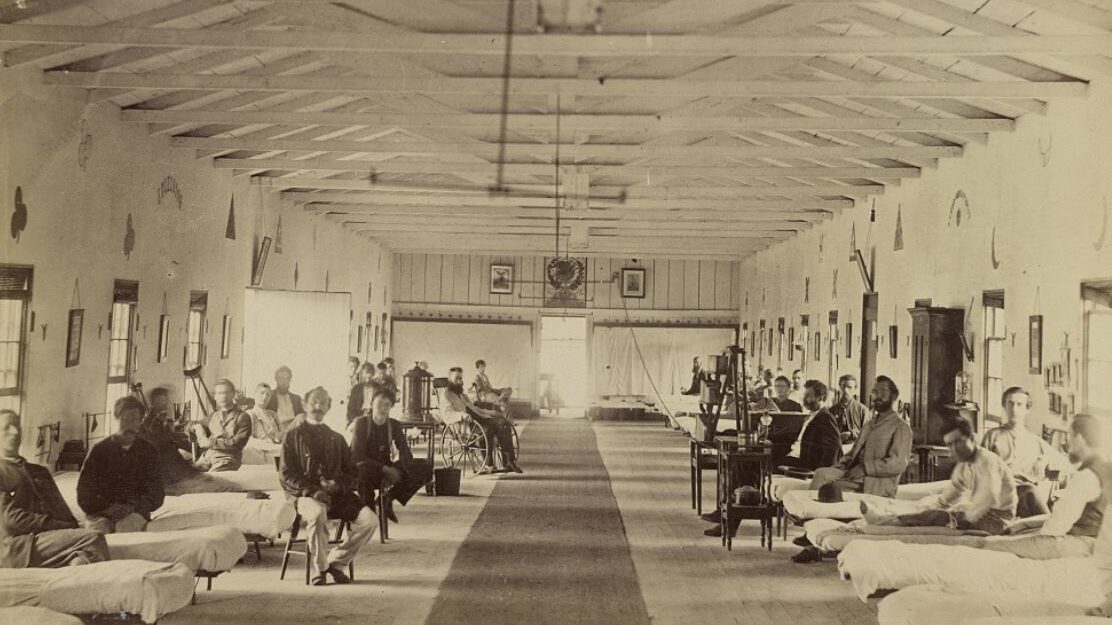
These hospitals were often overcrowded and lacked proper medical supplies, leading nurses to work tirelessly under unimaginable conditions.
The constant influx of wounded soldiers, high mortality rates, and limited resources added immense pressure to an already demanding role.
5. What Were the Greatest Contributions of Civil War Nurses?
Civil War nurses made significant contributions by revolutionizing nursing and medical care practices.
Through their dedication and innovation, they introduced groundbreaking strategies that became the cornerstone of nursing education and patient care protocols for years to come.
Revolutionizing Nursing and Medical Care
Civil War nurses played a pivotal role in revolutionizing nursing and medical care, leading to the establishment of nursing corps and the appointment of superintendents of nurses, reflecting the changing roles and responsibilities of women in wartime healthcare.
During the Civil War, as the demand for skilled healthcare providers surged, the necessity for organized nursing units became apparent.
The superintendents of nurses oversaw the management and training of these dedicated women, ensuring the delivery of quality care amidst the chaos of war.
As a result, these pioneering nurses laid the groundwork for modern nursing practices and the recognition of women’s pivotal role in healthcare.
Improving Sanitation and Hygiene Practices
Nurses such as Phoebe Yates Pember and Amanda Kimble contributed significantly to improving sanitation and hygiene practices in hospitals, supported by relief societies.
These pioneering nurses played a crucial role in implementing sanitary reforms in medical facilities during the Civil War era.
By emphasizing cleanliness and proper waste disposal, they effectively reduced the spread of infectious diseases and improved the overall health conditions for wounded soldiers.
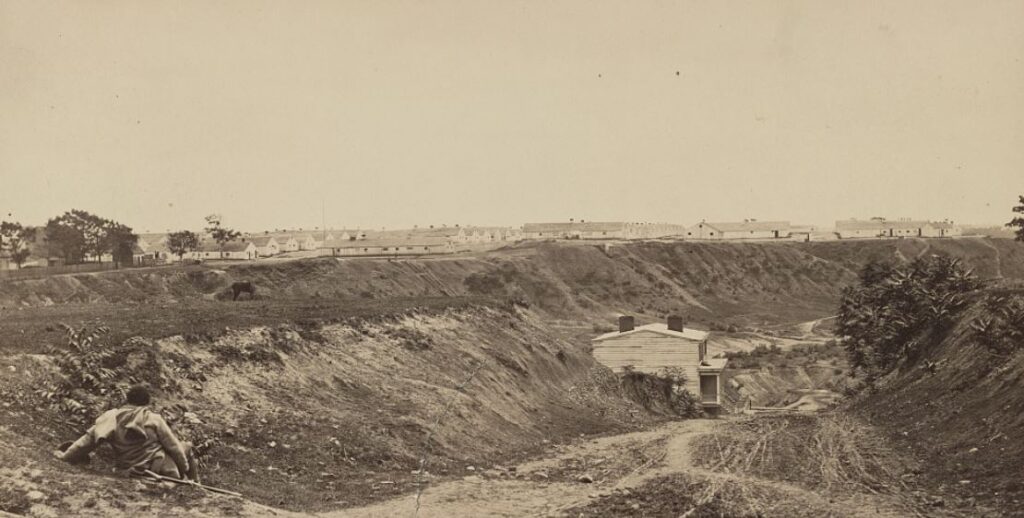
Phoebe Yates Pember, in her role as the matron of Chimborazo Hospital in Richmond, Virginia, prioritized hygienic practices and organization, setting a high standard for patient care.
Pioneering the Field of Nursing
Civil War nurses paved the way for the development of the nursing profession, establishing institutions like the Good Samaritan Hospital and collaborating with organizations such as the Soldiers Aid Society and Ladies Hospital Association to shape the future of nursing.
These nurses worked tirelessly to improve the health and well-being of soldiers, implementing innovative methods and techniques that would later become standard in healthcare.
By forging partnerships with various organizations, they elevated the status of nursing as a respected profession and highlighted the importance of formal education and training in the field.
6. Were Nurses Paid During the Civil War?
While some nurses received a small salary from the government, many volunteered their services without pay during the Civil War. Some were even expected to cover their own expenses, such as uniforms and supplies.
Salaries varied widely depending on the region, with some nurses receiving meager compensation while others benefited from more generous remuneration packages.
While some Union hospitals provided higher pay and better benefits to their nurses, Confederate hospitals struggled with limited resources, resulting in lower compensation for the nurses.
Some nurses also only received housing and food allowances.
These disparities led to heated debates among healthcare professionals and policymakers, igniting controversies about the fair treatment of those risking their lives on the battlefield.
Nurses faced significant hurdles in receiving fair remuneration for their invaluable services. They often faced prejudices that overlooked their labor as ‘women’s work,’ undervaluing the critical care they provided on the battlefield.
7. Frequently Asked Questions
What was the role of nurses during the Civil War?
Nurses played a crucial role in caring for wounded soldiers during the Civil War. They provided medical assistance, comfort, and support for soldiers on the battlefield and in hospitals.
What were the duties of Civil War nurses?
Civil War nurses were responsible for a variety of tasks, including providing basic medical care, administering medications, dressing wounds, and assisting with surgeries.
Who were some notable nurses during the Civil War?
Some of the most well-known nurses from the Civil War include Clara Barton, Mary Ann Bickerdyke, and Dorothea Dix. These women made significant contributions to the field of nursing during this time.
What was life like for nurses during the Civil War?
Life for Civil War nurses was incredibly challenging and demanding. They often worked long hours in harsh conditions, facing shortages of supplies and overcrowded hospitals.
Did black nurses play a role in the Civil War?
Yes, black nurses played a crucial role in the Civil War, despite facing discrimination and unequal treatment. Many black women served as nurses, providing care for both Union and Confederate soldiers.
Were nurses paid during the Civil War?
While some nurses received a small salary from the government, many volunteered their services without pay during the Civil War. Some were even expected to cover their own expenses, such as uniforms and supplies.
Further Reading
If you enjoyed this article, you may be interested to read more about the American Civil War events, or perhaps read about the South’s important victories. Read here for more general American history.

